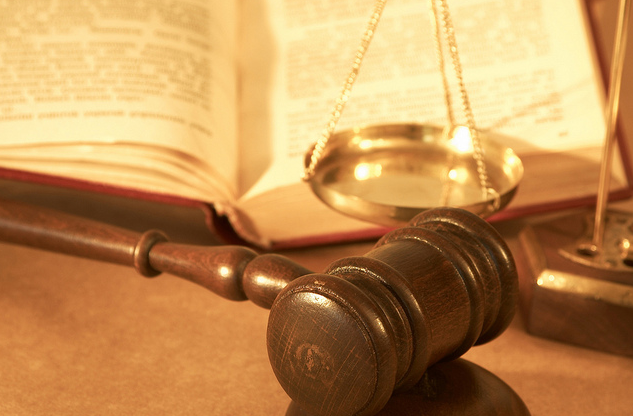
In 1991, the Supreme Court of Canada defined the word hate as “unusually strong and deep-felt emotions of detestation, calumny and vilification,” and, years later, it is seen as just that when it comes to upholding the law.
Two weeks ago the court made an important ruling on a hate speech case. The case in question concerned anti-gay activist William Whatcott who had picketed in public with controversial signs and distributed pamphlets.
The court decided that even though ruling against Whatcott was violating his rights of freedom of expression and religion, the court believed it to be fair and reasonable because they decided his actions amounted to hate speech.
Whatcott is expected to pay $7,500 in damages but stated that he refuses to do so. He believes that this ruling means the court is imposing their moral values on the rest of the country and censoring his free speech rights. Refusing to respect a tribunal order, however, can lead to contempt of court and jail time.
David Arnot, chief commissioner for the Saskatchewan Human Rights Commission, told the Leader Post that the decision vindicates the organization’s position that Whatcott’s words and behavior “crossed the line between critical speech and hateful speech — the type of extreme speech that has the potential to incite violence against others, challenge their safety and human dignity and in fact actively promote discrimination.”
After this, Whatcott hit the streets again last week and took a controversial stand with anti-gay and anti-abortion signs outside of the University of Regina, where he offended many students.
I am a firm believer in freedom of speech and religion, however, when one is imposing a certain view or opinion on another person or group, that’s when I have a problem.
This is not to say you can’t have an opinion, but how you choose to express it is a different story. One must realize that opinions differ amongst people, and that one is not better than the other.
Despite his lawyer’s warnings that further acts of this nature could land him a contempt of court charge, Whatcott again said that it won’t stop him.
“I have to follow Christ first. What I have said is true. There’s not a sentence that I retract, so likely future flyers will be more of the same,” he told the National Post.
Justice Marshall Rothstein wrote on behalf of the court that Whatcott’s actions “delegitimizes homosexuals by referring to them as filthy or dirty sex addicts and by comparing them to pedophiles, a traditionally reviled group in society.”
Although Whatcott saw it as a violation of his own right to freedom of speech and religion, the court responded that “ultimately, it is the need to protect the societal standing of vulnerable groups that is the objective of legislation restricting hate speech,” the National Post reported.
In my opinion, who a person marries doesn’t affect anyone else but them. If a woman chooses to get an abortion, rape victim or not, how does it affect anyone else but her? It doesn’t.



